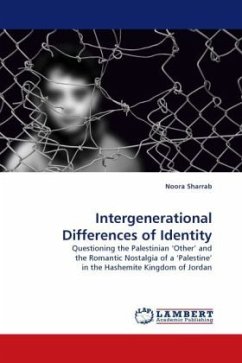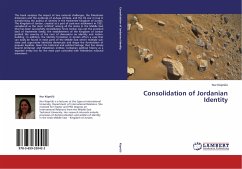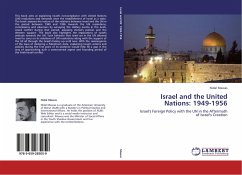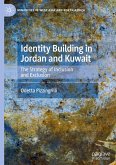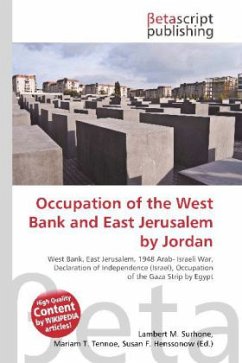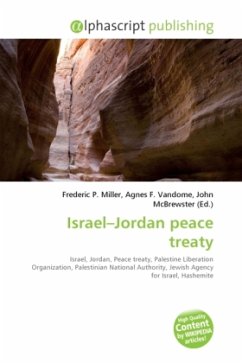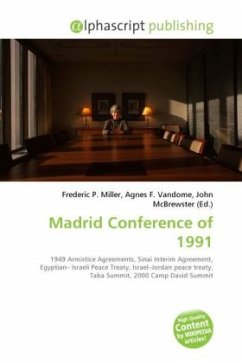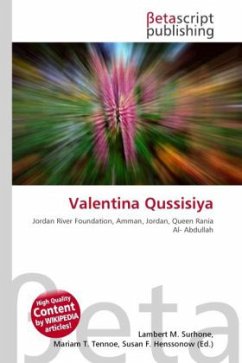The prolonged nature of the Palestinian/Israeli conflict has evidently left millions of Palestinian refugees world-wide on standstill to their longing for a right-of-return. While much can be debated on the realistic application of a right of return, a more specific problematic that has been normalized is the permanent-temporality of the Palestinian refugees living in refugee camps. By understanding the social, political and cultural character of Palestinian refugees in Jordan, this research deciphers these meanings as they are extended through the attitudes perceived by first, second and third generation refugees and their need and demands to either stay situated within their permanent-temporality or move towards greater means of assimilation. This book outlines meanings of identity and analyses the physical compounds of space in relation to such an identity. Palestinian refugees and displaced persons continue to live in a precariously protracted nature within the compounds of their refugee camps, ultimately reflecting on their inevitably denied rights.
Bitte wählen Sie Ihr Anliegen aus.
Rechnungen
Retourenschein anfordern
Bestellstatus
Storno

